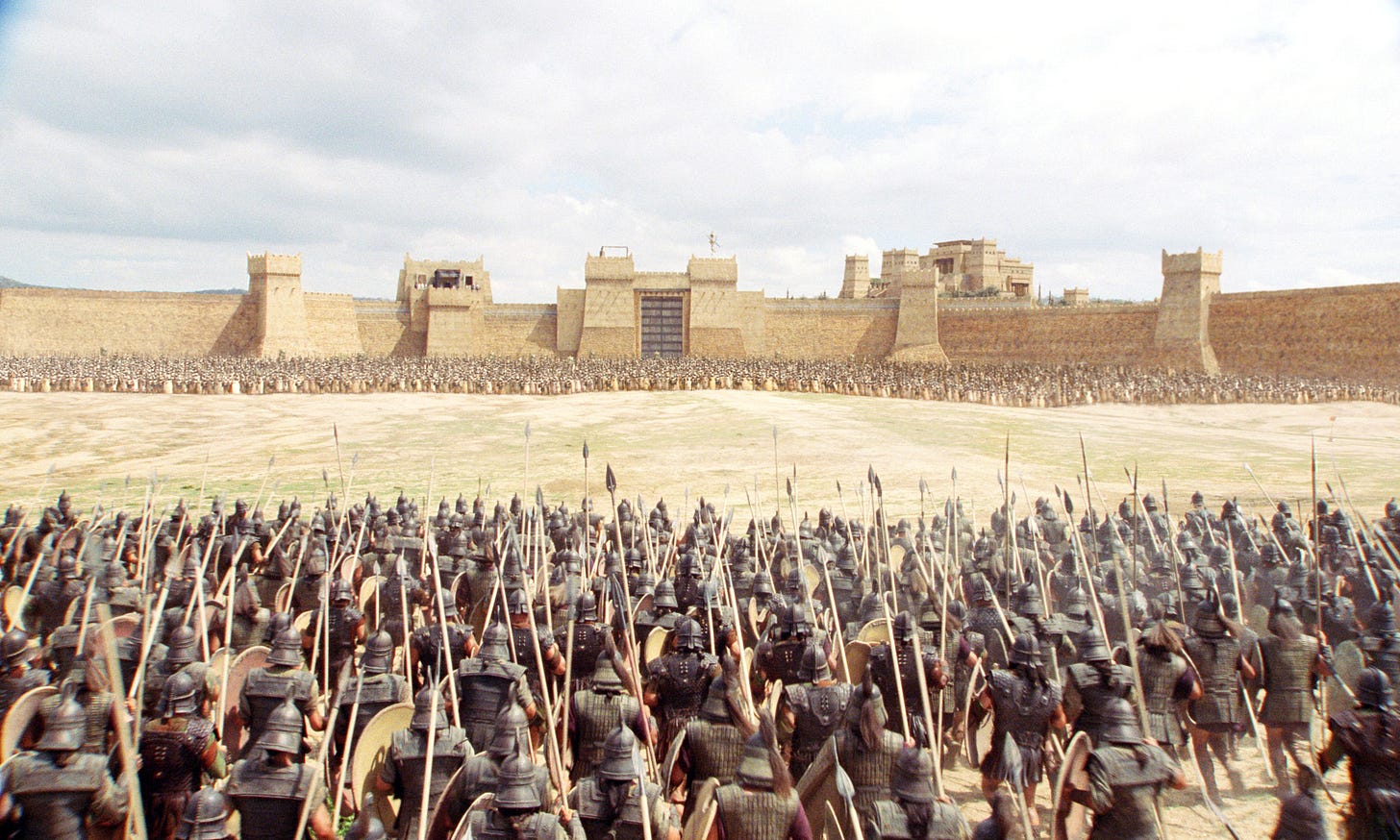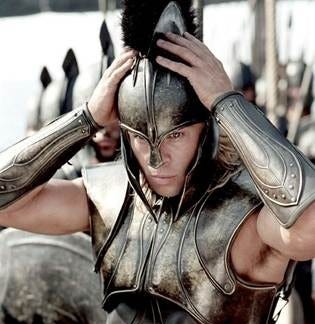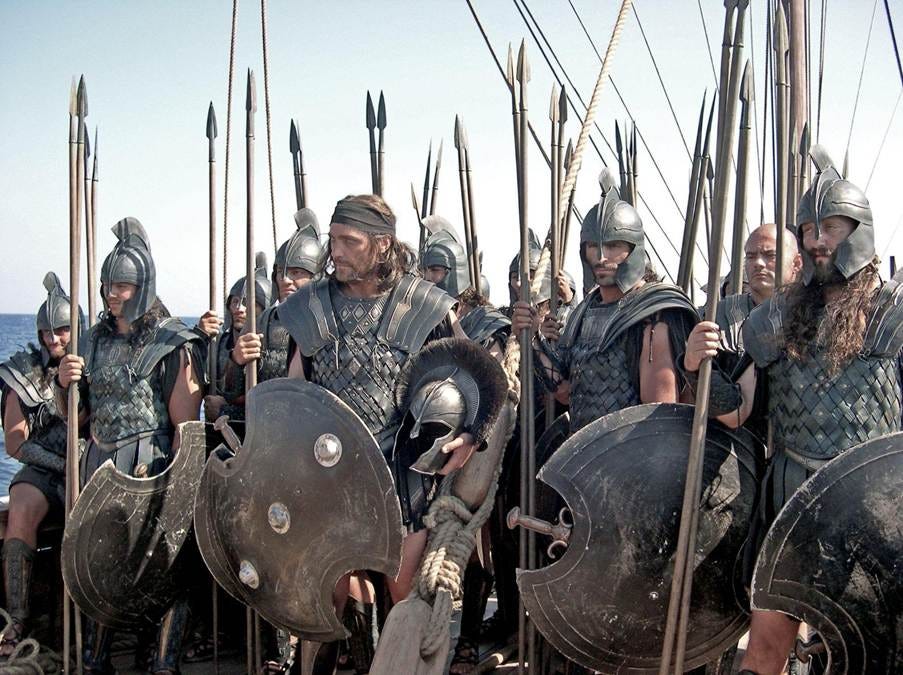A Reflection On the Western Way of War
Lessons from the writings of Victor Davis Hanson
Over the centuries, Western warfare has been defined by thunderous collisions of heavy infantry, fought face-to-face, and settled in moments of unforgiving clarity on the battlefield.
Historian Victor Davis Hanson calls this tradition the Western Way of War — a cultural legacy forged in ancient phalanx formations that still echo into modern politics today…
Reminder: To get our members-only content every week and support our mission, upgrade to a paid subscription for a few dollars per month. You’ll get:
Two full-length, new articles every single week
Access to the entire archive of useful knowledge that built the West
Get actionable principles from history to help navigate modernity
Support independent, educational content that reaches millions
The Tradition of Decisive Battle in Western Warfare
In The Western Way of War (1989), American historian Victor Davis Hanson argues that from the hoplite phalanx to modern armies, Western warfare embodies a distinctive synthesis of cultural values, civic institutions, and tactical habits. These elements converge in a tradition of climactic frontal assaults, leaving a palpable verdict about who commands the field. The clarity of outcome both effects and reflects a democratic ethos; namely a citizen-soldier accustomed to speaking openly (parrhesia) and voting openly tend to fight openly, and to measure legitimacy by what can be proved in the arena rather than arranged in the shadows.
This preference, Hanson contends, is no accident of geography or technology, but rather, has deeply embedded itself in Western consciousness due to our shared Homeric past.
The Homeric Origins of Honor and Visibility
In the Iliad, honor is conferred upon a champion through the act of advancing into open view, declaring one’s name, and engaging in sanctioned combat with an enemy champion. Such encounters are not simply private contests but performative rituals – watched intently by comrades, kin, and countrymen on both sides. The adversary responds with equal transparency, advancing under the same conditions of scrutiny. This mutual exposure reinforces a heroic code in which courage is inseparable from visibility, and status is earned not simply by force but by being seen to triumph. Victory, therefore, is not only martial but social, legitimized by the collective.
“So now I meet my doom. Well let me die – but not without struggle, not without glory, no, in some great clash of arms that even men to come will hear of down the years!” – Homer
Civic Duty on the Battlefield
The hoplite phalanx translates this Homeric ethic of the individual into a civic choreography – a line of men, shields interlocked and stepping forward to meet their foe. As such, the battlefield becomes a stage for communal identity, where the danger is shared, deceit is constrained by proximity, and the outcome carries the authority of a final verdict. Athenian practice made this ethic concrete through the figure of the citizen-soldier.
In classical Athens and later in republican Rome, military service was a civic obligation, tying political voice to martial responsibility and distributing the costs of security across the body politic. The Battle of Marathon (490 BC) crystallizes this reality. Athenian citizen-soldiers, hastily mustered and personally invested in the fate of their polis, met the Persian invasion not with skirmishes or delay but with a decisive charge that forced an immediate decision. The victory at Marathon mattered because it preserved Western autonomy and was won by those who would directly bear the consequences of failure when they returned to their fields or to their Assembly.
“We must realize, too, that, both for cities and for individuals, it is from the greatest dangers that the greatest glory is to be won.” – Thucydides
Modern Political Echoes
Where some adversaries favored evasion, attrition, or indirect pressure through diplomacy or bribes, Greek and Roman writers often prized the climactic collision of heavy infantry as the most honorable and efficient arbiter of political claims…







